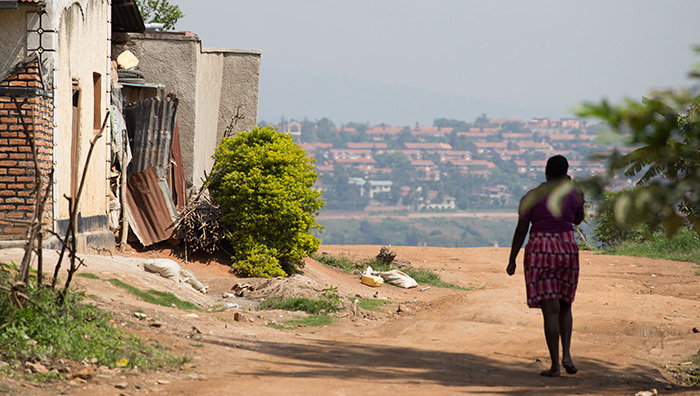
Security: why training is important
There follow some reflections and essential points on the reasons why I think that in the security profession training is essential and become increasingly important.
- It is not a target shooting course, however well conducted by excellent instructors and based on high quality standards, that will turn you into a perfect candidate for an international PMC or PSC qualification. Nobody is interested in knowing how you shoot, or think you can shoot. The world is full of excellent marksmen who have to do something else for a living.
- The world of international security in the sense of PMC and PSC interventions in post-war areas is now declining. After Iraq and, only partially, Afghanistan, the number of foreign consultants involved in areas with medium or high risk levels has been gradually and significantly falling.
- The world is full of PROFESSIONALS who have not found a job despite an excellent CV, considerable experience whether military or civilian, and have been employed for years in scenarios where most of you would like to work. I think it is honest to say that many of them are unemployed. There are only a few dozen Italians genuinely working in this sector.
- The fact of having been a VFP, a member of the armed forces, a paratrooper or member of the Lagunare corps, or a naval infantryman, does not constitute a qualification in the eyes of a PMC and PSC in the US, UK or Canada. They may be slightly interested in somebody with a solid long-term background in operational units with numerous stints in operational theater missions
- There is no interest in these areas for men who were quartermasters, cooks, drivers, guard detail or even an assault gunner. It is fine if you have been on a mission and spent a few months on an FOB but you will have to get in line since there are thousands ahead of you. At the front of the line you will find extremely qualified and skilled personnel.
- What can make the difference is having invested in a solid training course and being willing to start a job, any job, abroad.
- What can make the difference is understanding how to organize your training, what to expect from the domestic market (would you believe it? There is one and it is not what you imagine…!) and the international market, and above all, where to invest you precious money earned at great cost.
- What can make the difference is being sincere and honest with yourselves and starting from the idea that if you don’t have a little humility you will spend loads of money and feed unrealistic dreams.
- What can make the difference is knowing that the Libyan market is about to explode, though Libya is not Iraq in the early 2000s, and except for a very few international locations where diplomatic protection services can be provided, and no other parties can provide armed services.
- What you should know is how to become competent in security assessment, risk management, due diligence, competitive intelligence, planning, contingency and evacuation planning. In this case you might be able to find a real job. We will teach you how to plan an activity, travel, a mission to medium to high risk locations.
Our - REALLY learn a foreign language, this is essential.
And now a final consideration.
If you are super experts and enjoy a cult film like "13 Hours" as you most certainly are, try and think about the background of the protagonists of the story. Then look at your CV and compare. Perhaps this will help you understand where to make a new start.…



